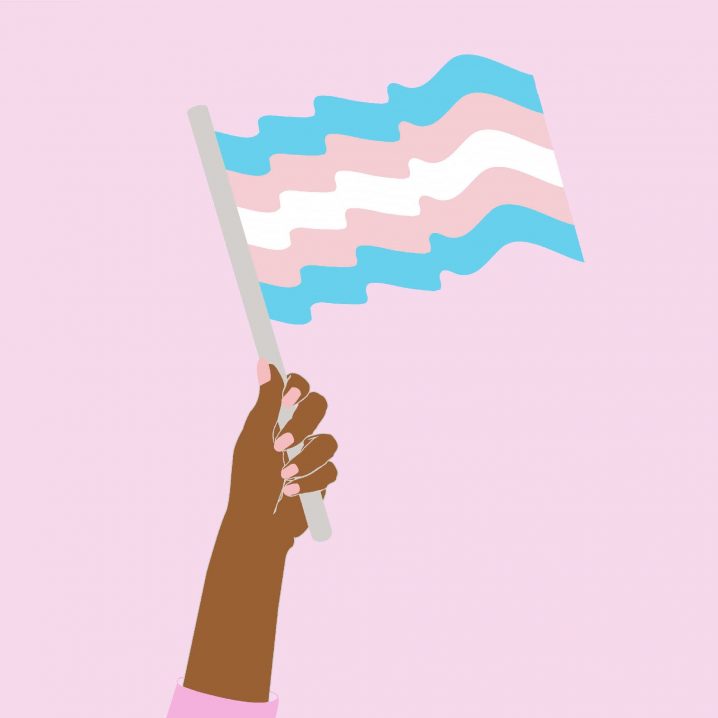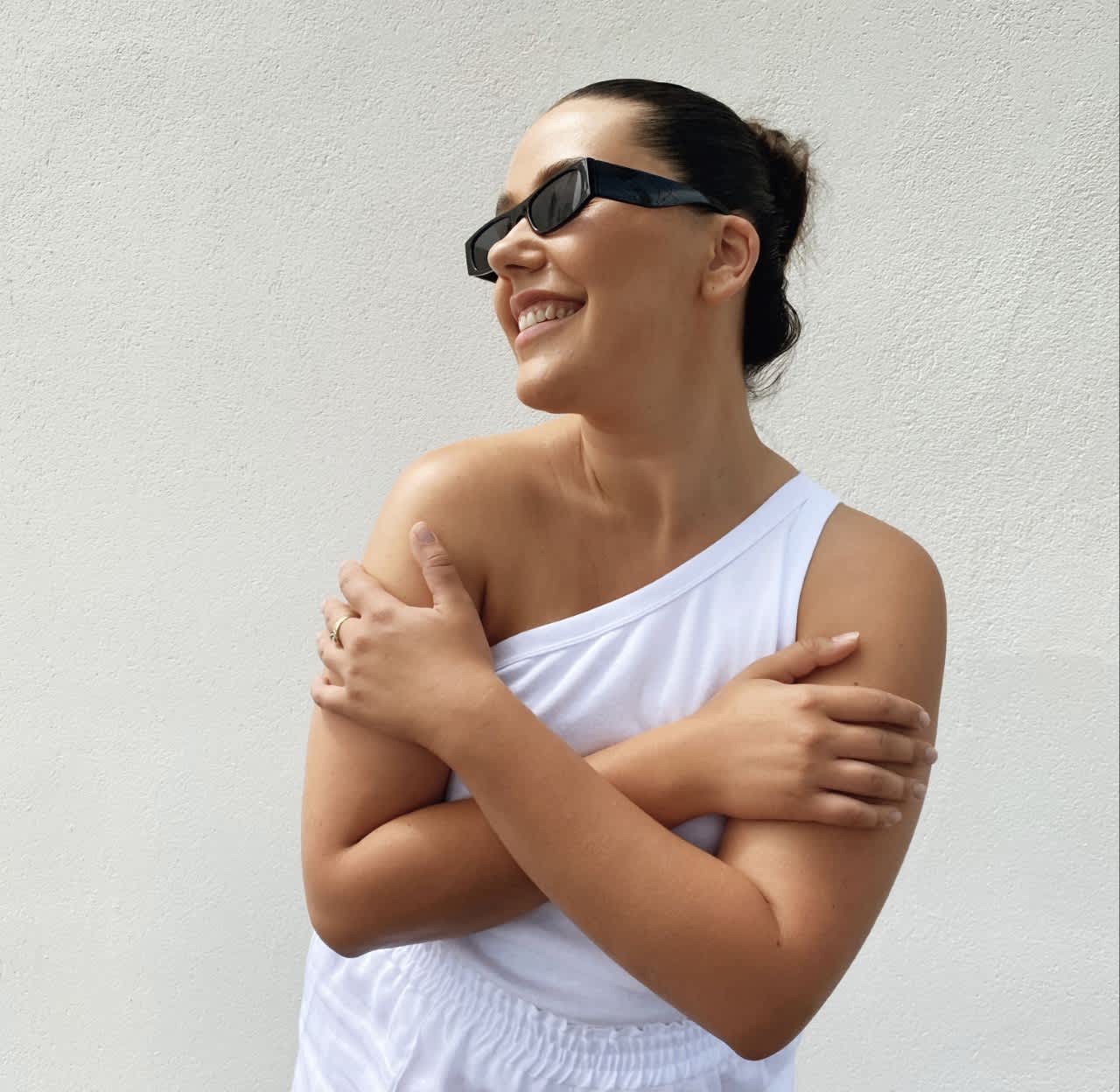
- POPSUGAR Australia
- Living
- 3 Issues Still Impacting the LGBTQIA+ Community and How to Support Them
3 Issues Still Impacting the LGBTQIA+ Community and How to Support Them


POPSUGAR Australia has partnered with Windows 11 and Intel to keep you informed and up-to-date on everything happening in Australia. From inspiring you to make big moves in your career, to nurturing your wellbeing, and more.
Content warning: this article deals with the topic of suicide, bullying, assault, gender and sexuality discrimination, and may be triggering for some readers.
There is always more that we can do to be an LGBTQIA+ ally. With all that’s happening in Australian politics at the moment, it’s time we have a little chat about why representation and support for the LGBTQIA+ community are so important.
Here are three issues that are currently facing the LGBTQIA+ community, and some amazing ways that we can support them, right now. This list is non-exhaustive, but a great place to start.
The Religious Discrimination Bill
The Morrison government’s Religious Discrimination Bill that passed the House of Representatives in February (before being pulled from debate shortly after) is one of the most devastating political blows the LGBTQIA+ community has seen in years.
In short, the bill is designed to “prevent a person from being discriminated against on the basis of their religion”. However, given some of the strong religious views against LGBTQIA+ people, the Religious Discrimination Bill has the ability to cause LGBTQIA+ employees, students and customers to be denied work opportunities, education, services or care by those who disagree with the very existence of LGBTQIA+ people, based on their religious views.
This is exactly what happened in late January, with the Citipointe Christian College anti-gay and anti-trans enrolment contract. Basically, under the rights of the Religious Discrimination Bill, Citipointe was able to send out an enrolment contract to new students and parents, that stated they wouldn’t allow trans or gay students to enrol. The contract described being gay or trans as “sinful” and equated the two with incest, bestiality and paedophilia.
It goes without saying, this type of messaging surrounding gender identity and sexuality is truly horrifying. Reinforcing outdated and frankly dangerous ideals surrounding what it means to be gay or trans, undoes some of the incredible work LGBTQIA+ advocates have brought to the forefront of societal conversations. By telling children they can’t be who they are, what kind of hope are we giving them for a future of shameless self-discovery and empowerment?
How we can support: Although truly shocking, it has been amazing to see so many LGBTQIA+ advocates speak publicly on the Citipointe contract, as well as the Religion Discrimination Bill itself. An ex-Citipointe student, Jared Mifsud, spoke out against the bill at a rally on February 9, while influencers like Abbie Chatfield, Kathleen Ebbs and Deni Todorovič have used their platforms to further the conversation.
The best way to support LGBTQIA+ Australians at this time is to write to your local MP and express your opposition to the Bill (it takes a few minutes only and is a tangible way to make change). We can also support by using our own platforms and voices to fight against LGBTQIA+ discrimination, or we can share the voices of others, as well as resources that can help educate people.
Mental Health
The suicide and mental health rates of LGBTQIA+ are wildly disproportionate when compared with the general Australian population — likely due to the damaging and pervasive messaging as we mentioned above.
As trans advocate and style guru, Deni Todorovič, pointed out in a recent Instagram post: “the suicide rate of trans youth in this country is more than eleven times higher than that of cis(gender) youth”, due to the discrimination and vast inequality that is still shown to trans people today, from a public view, to a political view—which we can’t deny, are intrinsically linked.”
Todorovič also posted a video, that compared “gay Deni” to “trans Deni”, showcasing them as the same person, but since coming out as trans, with “more authenticity and better shoes”. WE LOVE. But then, why aren’t trans youth being shown the same rights, and given the same love and acceptance as straight youth?
Obviously, this lack of respect and equality has a negative impact on the mental health of LGBTQIA+ youth, who are struggling to feel represented and accepted in our society.
How we can support: We can learn how to have open conversations about mental health with our friends and family, and speak out about these issues in support of our LGBTQIA+ friends. But being an ally is more than just speaking out. We can be loud on social media and in social settings, but it’s also important to quietly support the LGBTQIA+ community on the sidelines, too. Keep an eye on your friends and help them find help if they’re not coping. Also, liking a social media post that supports trans rights, or sharing a post from a gay right’s advocate can let people know where you stand, encourage them to do the same and educate others, who might not even be across these issues.
Verbal, Physical and Online Bullying
Although it may be unfathomable to you, there are still online trolls who go after people in the LGBTQIA+ community, that pick on people simply due to their gender identity or sexuality. In fact, research has shown that the LGBTQIA+ community is at a greater risk of cyber abuse.
According to Beyond Blue, 61 per cent of young non-heterosexual people reported experiencing verbal abuse and 18 per cent reported physical abuse, while a Beyond Blue forum post reports a user being harassed by 25 different bullies in under 24 hours via a Facebook group for LGBTQIA+ people.
Suffice to say, cyber-bullying is extremely prevalent, and even more so towards LGBTQIA+ youth.
How can we support: When you see cyberbullying on social media, it’s imperative to call it out. Do your best to do so in a respectful manner — don’t be accusatory back, but aim to support the victim instead. Call out this behaviour to others in conversation, or share it via your own social media as an example of what not to do. Be open to conversations, allow people in your life to know that they can talk to you about it, and provide support resources if you don’t feel equipped to help.
If you’re feeling distressed and want to talk to someone right now, call Kids Helpline on 1800 55 1800 or Lifeline on 13 11 14, both of which provide trained counsellors you can talk with 24/7.
Q-Life is also a fabulous national service that aims to keep LGBTQIA+ communities supported and connected. Phone 1800 184 527 (3 pm – midnight AEST) or Online chat (3 pm – midnight AEST).


